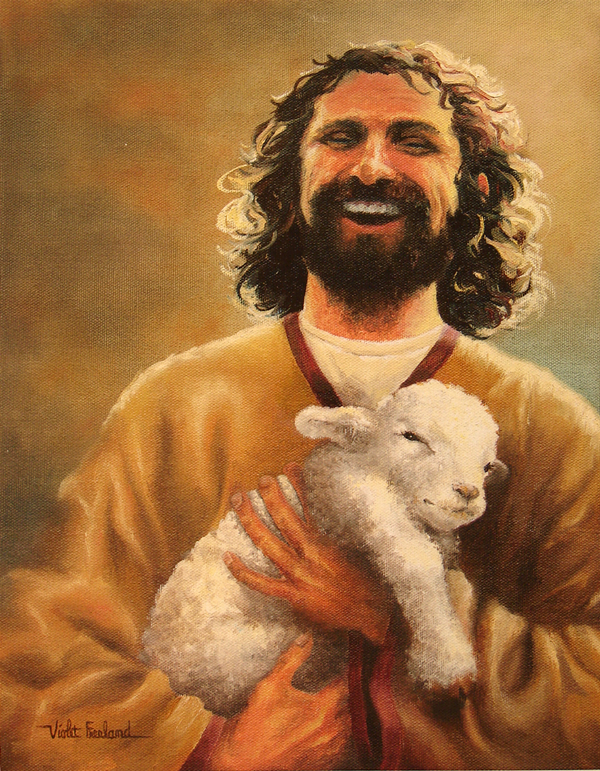When my wife, Sue, and I first met it was electric. I was so drawn to her it was as if nothing else mattered. We dated for a few weeks, got engaged, and were married nine months later. Often, this is the way 21 year olds act when they are idealistic and in love.
Romantic relationships follow a predictable path. People meet, date, become infatuated with each other, marry, mate, and then watch entropy erode away their illusion of intimacy. Infatuation carries most couples through engagement and the early years of marriage. We find at Center for Christian Life Enrichment that infatuation is a time characterized by magical thinking and the desire to be made whole and complete by their significant other. Some think the key to marital bliss is finding their perfectly predestined partner while others marry believing that the love of their life can transform the defects of their significant other. These fairy tales never come true. Infatuation only gets us in the game. It offers no assistance in architecting genuine intimacy.
At CLE, we believe intimacy is the result of courageous honesty, deliberate practice, hard work, and supportive counseling. It is not about finding the best partner…it is about becoming the best partner. It begins by dispelling the romantic myths of being saved by another—being miraculously made whole by your mythical mate. It confronts the mistaken belief that love is something you find instead of forge.
In a mistaken attempt to find intimacy, I did for my wife everything I was hoping she would do for me. I would wash the car instead of making time to talk. I would build a deck instead of creating meaningful opportunities to connect and grow as a family. I had no idea of how little I understood about intimacy. I had confused intimacy with infatuation. There was no work in falling in love. You don’t form it; you simply fall into it. What I associated with intimacy was a copy of the enmeshment I shared with my mother. What I confused with love was the sense of being lost in another person, where my feelings were their feelings and my desires were their desires. I had no differentiated sense of self.
Enmeshment or fusion is one of the most dangerous counterfeits of intimacy. Enmeshment involves the process of getting lost in another as an unconscious way of avoiding ourselves. We confuse supporting another person with unconsciously trying to live our lives through him or her. Most all spouses and parents struggle to discern the difference between true intimacy and enmeshment.
One of the most helpful tips in building intimacy is that both partners must dedicate themselves to their own individual growth and development. I will not be able to shape something with another that I am not in the process of forming within myself. Intimacy begins with me. It is about me stretching and growing into my Christ-self; not, me finding the right person. As I am individuating and becoming more mature, then I am going to have more and more resources to invest in my partnership.
As I am becoming more and more like Christ, I will be bringing more of myself to my relationships with my wife, my kids, and my trusted partners. As I am growing, I will be expecting more from those I love and they of me. I will be speaking the truth in love when they are not living true to their vision and values and expecting the same from them. I will be taking pleasure in the journey toward genuine intimacy.





